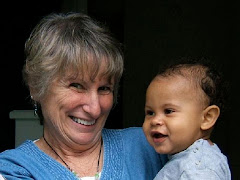In the many months since I have blogged, I have not been idle…I have used my Facebook page: Challenging Children to write. Sometimes, I realize that I just might be getting too wordy for a Facebook page and should use the blogging instead. Today's thoughts are on what it takes to be resilient in the face of childhood trauma. As always, I invite your comments.
Have you seen the movie, “The Heat” or the show
“Mad Men”? These are fictional stories of adults, but so obviously adults
who have not healed from childhood trauma and keep trying to bury their life
story with arrogance and false pride (really fear and stress in disguise).
They have achieved success, and some would say have shown how resilient
people can be despite so many odds. And then
I realize that no one really puts his trauma to rest. In order to have healthy
adult relationships, healing is what is most important and that is a
process. Trauma is not forgotten, it
becomes a part of one’s life experience.
In the healing process children and adults develop a true resilience.
True resilience because when trauma is worked through and healing has taken
place, any shame and guilt that may be felt is understood from the perspective
of who is really responsible for abandonment, abuse, or neglect. They learn the
tools to calm when the unconscious trauma memories are triggered and come
flooding in.



It is interesting that the use of the word resilience is sometimes used to minimize the impact of abuse and trauma--so I appreciate what you write here, a very fine and important distinction between resilience which looks often like minimal survival, amd resilience which emerges out of true healing. Thanks for this post!
ReplyDelete